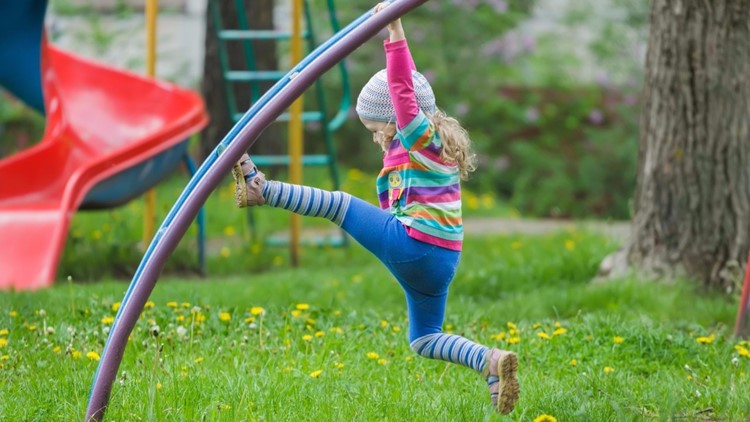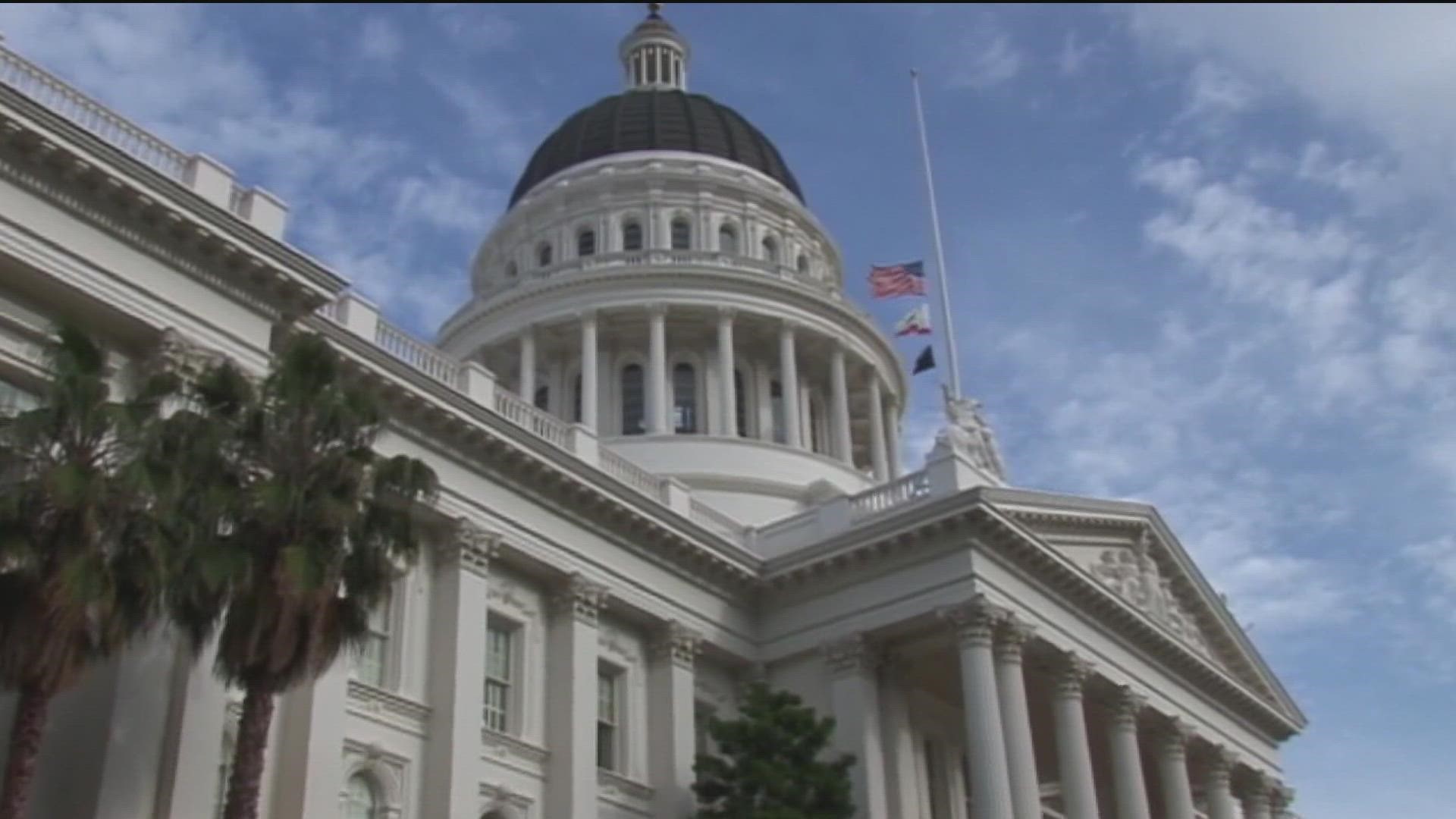CALIFORNIA, USA — This story was originally published by CalMatters
As Gov. Gavin Newsom and California lawmakers contemplate how to deliver the state’s surplus dollars back to Californians facing high gas prices and other rising costs of living, one group of advocates is pushing for another stimulus-like payment for the state’s poorest residents.
A coalition of anti-poverty organizations is calling for the state to send a one-time payment of $2,000 per child to families making up to $30,000 a year.
The proposal is sponsored by Assemblymember Miguel Santiago, a Los Angeles Democrat. It is intended to partly make up for the expiration of last year’s expanded federal Child Tax Credit payments. That expansion gave as much as $3,000 per child and $3,600 per child under 6 to families making low and middle incomes.
Researchers at Columbia University have found that the expanded child tax credit reduced child poverty by more than 26%, with greater reductions among Black and Latino children. Nearly 90% of families spent the money on basic costs such as food, clothing or rent, according to the liberal-leaning Center on Budget and Policy Priorities (CBPP).
Advocates have raised alarms now that the expansion of the program expired in December, citing CBPP figures showing 1.7 million California children are at risk of falling back into poverty.
It was one of several pandemic relief programs that came to an end last year, including the Newsom administration’s Golden State Stimulus checks and enhanced unemployment benefits.
Santiago said his proposal is a follow-up act on “the largest anti-poverty program we’ve had.”
“When you’re making $30,000 or less for a family, they need immediate help,” he said.
His legislation was heard Monday by the Assembly Revenue and Taxation committee, where it awaits a vote. The measure would cost $3.8 billion.
It is the latest of several proposals for how the state could spend down a $31 billion budget surplus projected by the Legislative Analyst Office.
Officials already are considering several rebate ideas potentially affecting a wider pool of Californians, to help them deal with inflation and the cost of gas.
Newsom has proposed sending $400 debit cards to the owners of every registered car in the state, capped at $800 per individual, as well as $750 million to public transportation agencies to give free rides for three months.
A group of Democratic lawmakers wants to give $400 rebates to all state taxpayers, regardless of car ownership. Both plans would cost around $9 billion.
But Democratic leaders have balked at giving tax relief to wealthy Californians in addition to those with more modest incomes.
Assembly Speaker Anthony Rendon and Senate President Pro Tem Toni Atkins favor a $7 billion plan that would give at least $200 rebates to families making up to $250,000 a year. In March Atkins said she was focused on “ensuring that state money is targeted to those who actually need relief.”
Advocates of the child tax credit idea say the top priority for the surplus should be even more targeted. The lowest earners are hit hardest by inflation and spend the largest share of their incomes on gas, according to the Public Policy Institute of California.
“We’re really pushing for a focus on doing the most and as much as you can for the lowest-income households,” said Teri Olle, California campaign director for Economic Security Project Action, a group advocating for cash assistance programs. “We know those are the households that are hurting the most.”
A spokesman for Newsom did not comment on the proposal but said his rebate idea targets car owners regardless of income because it “is specifically meant to support Californians facing increased gas prices.”
This article is part of the California Divide project, a collaboration among newsrooms examining income inequality and economic survival in California.
WATCH RELATED: Parents and local school districts react to California schools’ vaccine mandate pushed back to 2023 (Apr 15, 2022)



